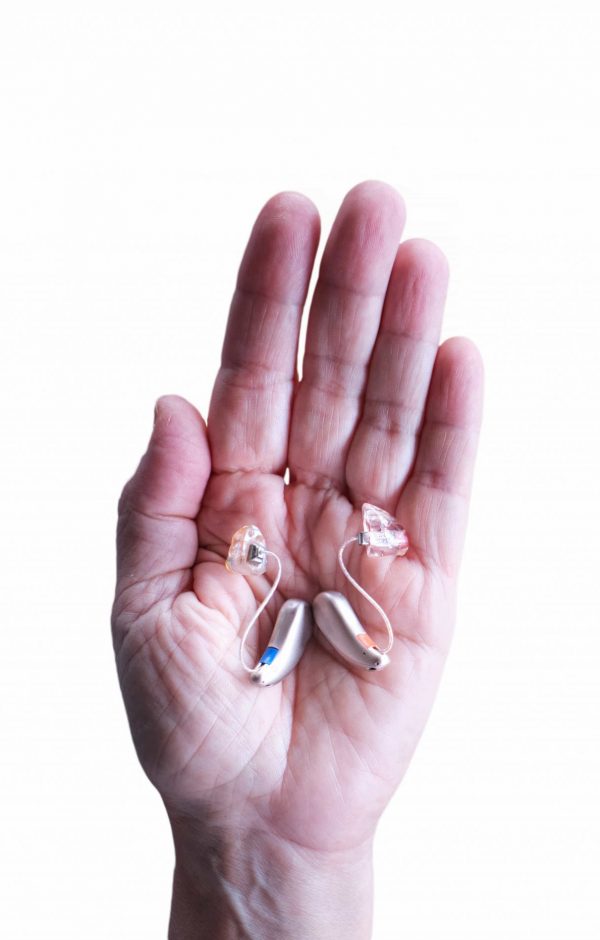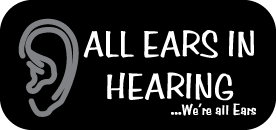What to expect from hearing aids?
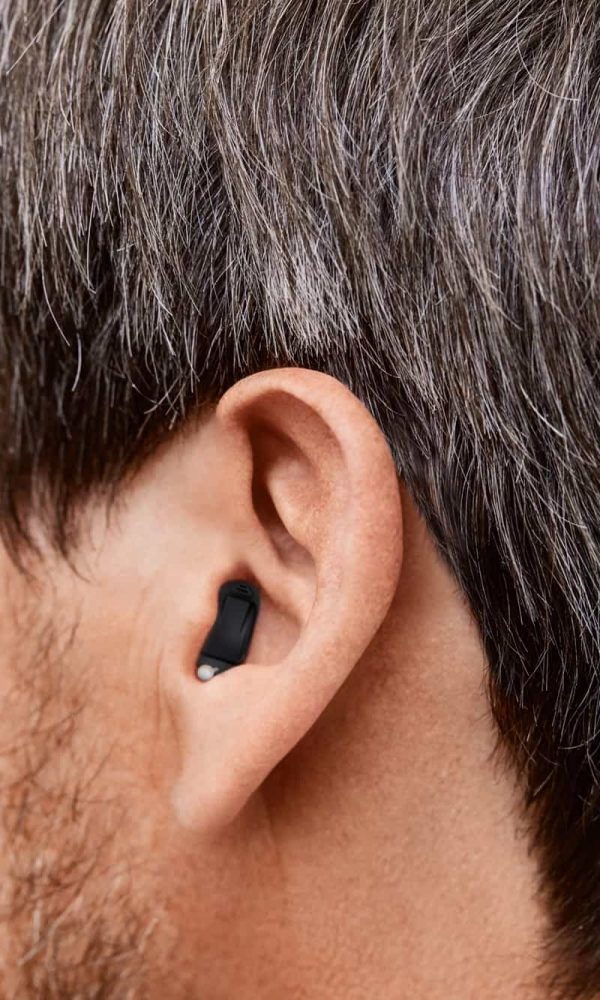
What to expect from hearing aids?
As hearing loss occurs gradually, you don’t notice when you first begin to miss hearing some of the softer everyday sounds like air conditioners or refrigerators. When you first wear hearing devices, you will notice that there are many more sounds and they may sound different from what you’re used to. It takes time, patience and perseverance to learn to listen again. The brain is suddenly getting a lot more information than it’s used to, so it needs time to adjust. The more you wear your hearing instruments, the better your brain will get used to the extra information it’s receiving and the more benefit you will get from your hearing aids.
Listening will become an enjoyable experience once again.
For the first few days it’s best to wear your hearing instruments in quiet, familiar environments. Start by wearing them for a few hours the first day and gradually wear them for longer periods of time. Listen to and familiarize yourself with the sounds around you. Sounds like fans, clocks, running water and eating will sound loud initially, but you will get used to them. If your instruments have manual controls, practice using them. Once you are comfortable, wear your hearing devices in noisy situations such as restaurants or shopping centres.
Hearing aids are programmed to suit your individual hearing loss. It’s common to require a number of tuning appointments as your brain becomes accustomed to the extra input.
*Image courtesy of Signia (Signia NX Silk shown).
How long does it take to get used to wearing hearing instruments?
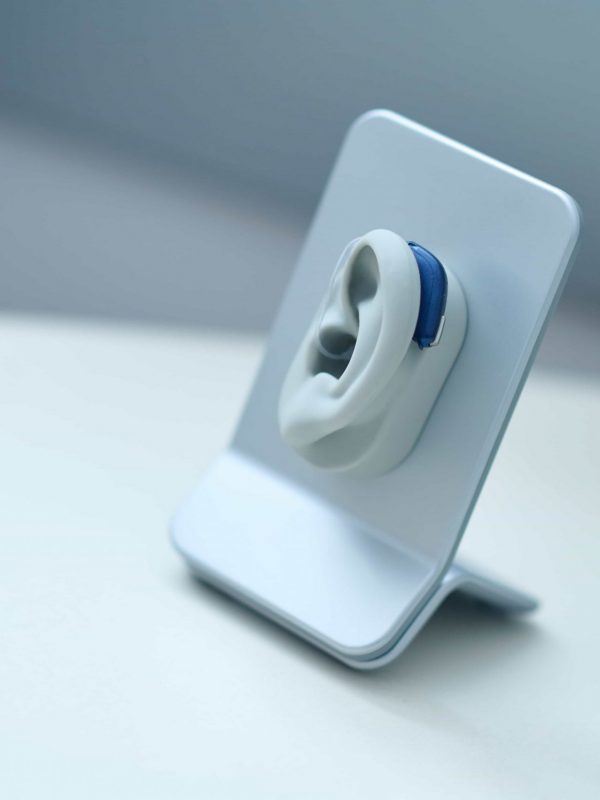
What do they feel like ?
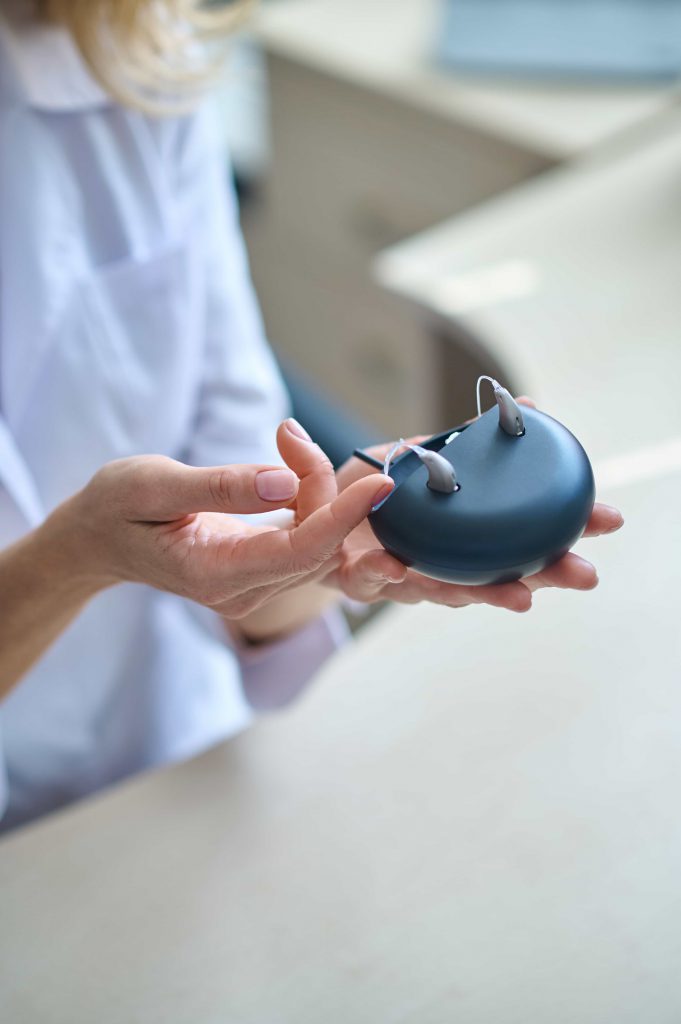
Your own voice
You will also notice your own voice and internal sounds like breathing and chewing will be louder, but you will quickly get used to it. This is because we are physically blocking the ear canal. If you put your fingers in both your ears and talk, you can hear your own voice echoing back. Wearing hearing aids is similar to this experience.
Microphones are also sitting very close to your mouth, so you are hearing your own voice being amplified by the hearing aid. Adjustments to the program settings or modifications to the ear mould can help alleviate the sound of your own voice.

Batteries
Battery life will vary with hearing device style and hours of use. Generally, the smaller the battery and the longer you wear the device, the shorter the battery life. You can expect to get roughly 8 to 10 days out of the small size 10 batteries and between 10 and 14 days out of the size 13 or 675 batteries. Many hearing instrument models have warning signals to alert the wearer it’s time to change the battery.
To conserve battery power, turn off the hearing aid and open the battery door when you are not wearing it and don’t remove the protective cover on the battery until you are ready to use it. Always keep spare batteries on hand.
Rechargeable hearing devices are now an option. This saves having to replace batteries and is a great alternative to those with dexterity issues who find changing the small batteries difficult.
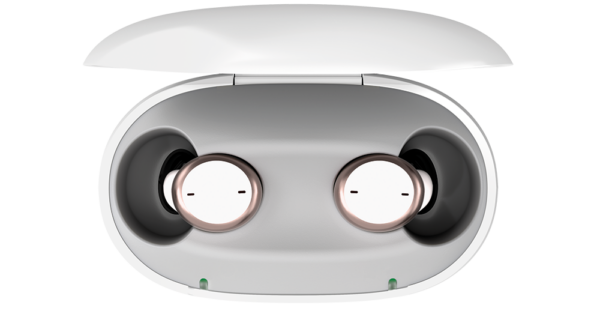
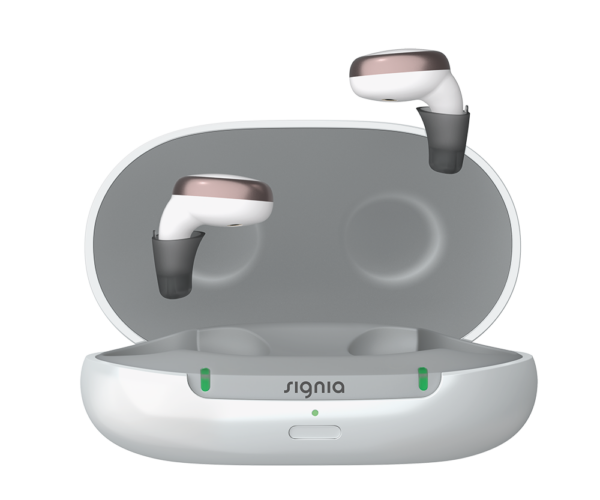
Common mistakes regarding Hearing Amplification Devices
When it comes to making decisions about hearing aids, you must receive guidance from a qualified source. Unfortunately, we have seen clients make many missteps regarding options for a receiver in canal.
- Realistic expectations: Many clients are unaware of the fact that it takes some time to get used to your hearing aids. Although you will begin to hear better when you first start to wear them, it can take between three and six months to adjust to using this device. We recommend that you keep your patience with the process; the benefits will pay off.
- Neglecting to ask questions about using your hearing aids: It’s important to remember that a hearing aid is a device that provides a tremendous benefit to their user; however, they can be easily damaged if they are not looked after correctly.
- Forgetting to change the battery: The lifespan of your hearing device will depend on the type of device you purchase. For example, some batteries last for roughly eight to 10 days, while others can last for up to two weeks. A good rule of thumb is to turn your aid off when you aren’t using it and always keep a spare set of batteries.

Related services we provide to advance Hearing Aids
Our company is proud to offer services other than a high-quality selection of digital hearing aids. A few examples include:
- Custom earplugs: Earplugs can help you protect your ears from damage. If you are exposed regularly to loud noises or water, you are at an increased risk of hearing issues. Our custom earplugs adhere to your unique ear shape to help safeguard against this type of harm. Be sure to read about more information regarding our design.
- Tinnitus treatment options: Do you hear a constant ringing in your ears? You may suffer from a condition known as tinnitus. There are numerous reasons why you may have this ailment. A few reasons include stress, dental problems, or it may be the beginning of hearing issues. We always recommend that you meet with a member of our team to discuss various treatment options.
- Family assistance: When you have a hearing issue, it’s not only difficult for the person struggling with hearing loss but for their family. Our team offers supportive guidance with options for tips to communicate with a person who is hearing impaired. Do you have questions or concerns about your loved one? We are always here to help.
